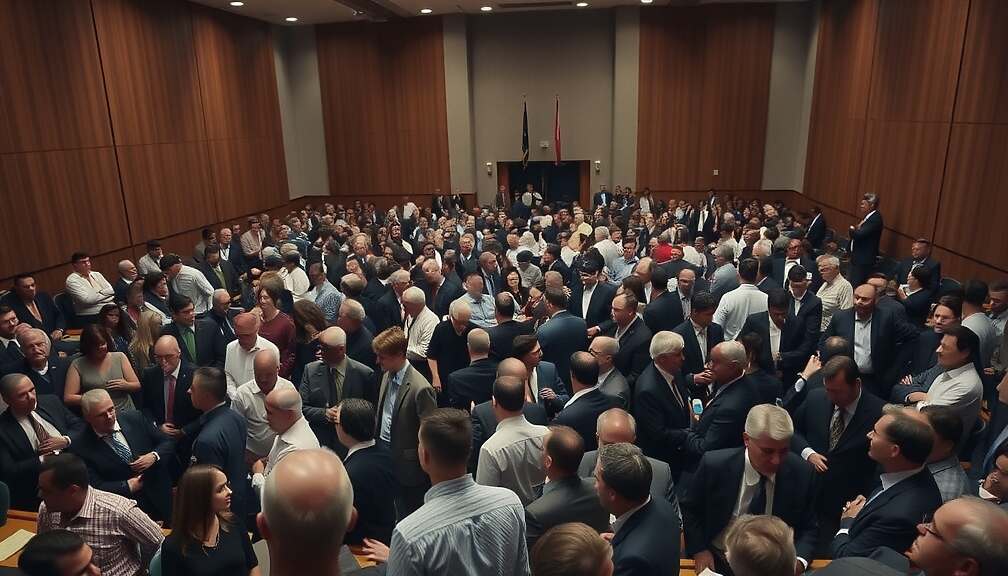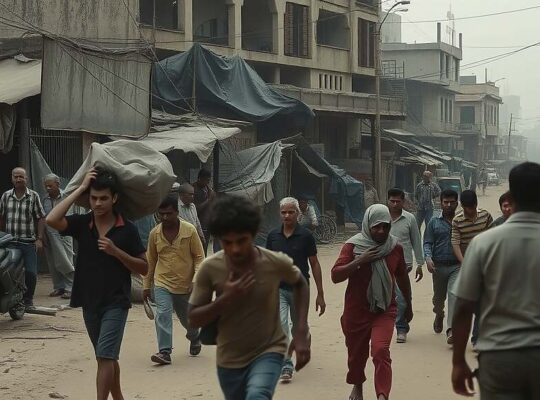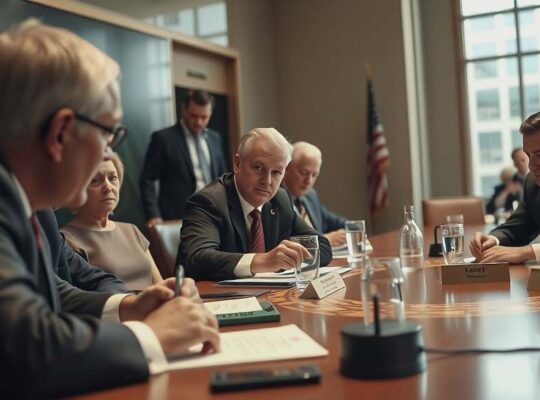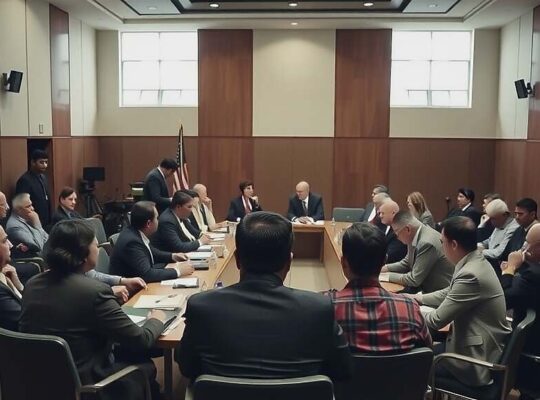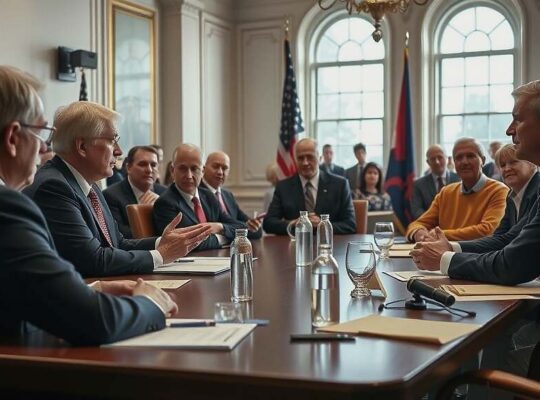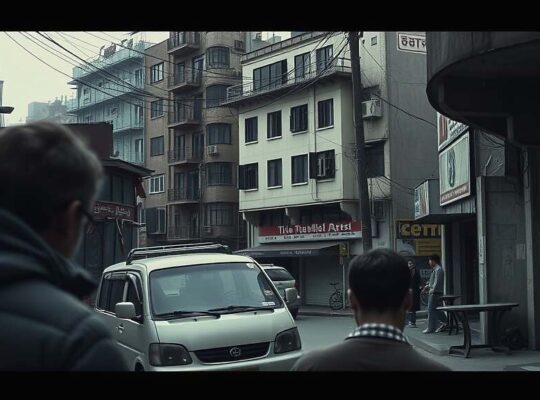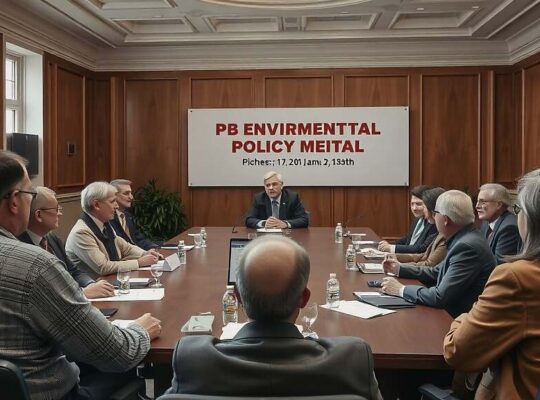00 local time.. Extensions are a common feature of United Nations climate summits, but this year’s proceedings were complicated by a fire that engulfed a section of the conference facility on Thursday, forcing a significant interruption to deliberations.
A revised draft of the concluding declaration, released by the Brazilian conference leadership late Thursday night, has drawn significant criticism. The updated text, purported to incorporate feedback from the nearly 200 participating nations, represents a considerable softening of previous proposals. A coalition of roughly 30 countries, including Germany, swiftly declared their inability to endorse the weakened document, citing its lack of a concrete plan for a “just, orderly and balanced transition away from fossil fuels”. The group argues the proposal falls short of the minimal requirements for a credible outcome from COP30.
EU Climate Commissioner Wopke Hoekstra leveled a particularly sharp rebuke of the draft. “Examine the text” he stated bluntly. “There is nothing in it: no science, no global stocktake, no transition. Instead, weakness – a weakness in mitigation and, moreover, a clear violation of last year’s agreement on the NCQG”. The New Collective Quantified Goal, crucial for financial support to developing nations dedicated to climate action, has emerged as a focal point of conflict, particularly impacting nations within the Global South. Hoekstra emphatically concluded by stating, “Under no circumstances will we accept this.
The impasse highlights a widening rift between nations, with developed countries pressing for ambitious commitments regarding fossil fuel reduction, while others prioritize financial assistance and flexible timelines. The delayed conclusion risks undermining the credibility of the COP process and signals an ongoing challenge in achieving global consensus on climate action. The focus now shifts to whether negotiators can bridge the remaining disagreements and salvage a meaningful outcome before the extended deadline.


